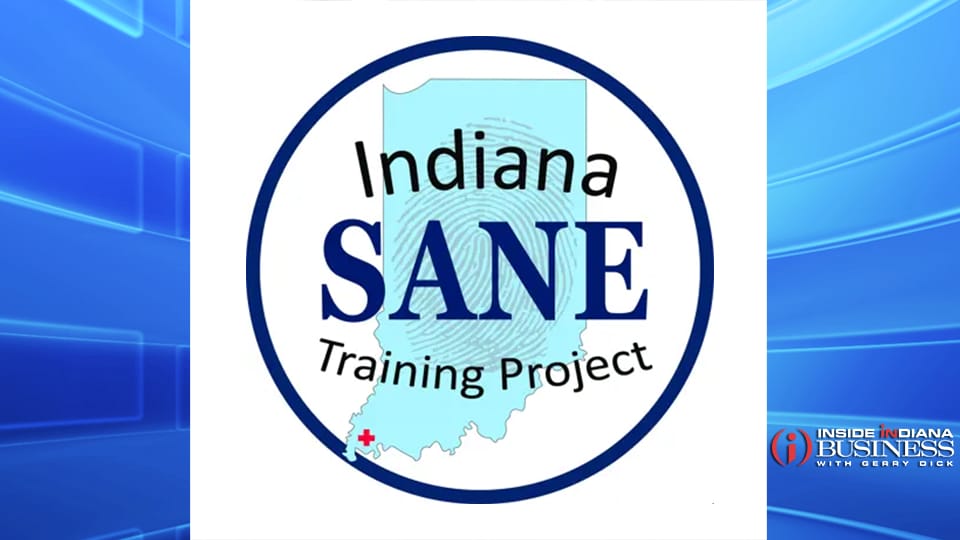USI center lands $1.5M grant to expand training program
Subscriber Benefit
As a subscriber you can listen to articles at work, in the car, or while you work out. Subscribe Now
EVANSVILLE, Ind. - The Southwest Indiana Area Health Education Center at the University of Southern Indiana has received $1.49 million in federal funding from the Health Resources and Services Administration to be distributed over the next three years to continue the Indiana SANE Training Project.
The SANE Training Project provides advanced nursing education to increase the number of trained forensic nurses, or sexual assault nurse examiners, or SANEs, in rural and medically underserved communities.
SANE training focuses on providing evidence-based, trauma-informed care to victims, and ensuring that forensic samples are collected properly. The program also offers assistance to help cover the cost of training.
“This new funding will allow our project to further expand educational opportunities for nurses to improve clinical competence and confidence to provide high quality forensic medical care to victims of crime across the state,” says Jane Friona, Executive Director of Southwest Indiana AHEC. “Access to a trained medical forensic provider improves patient outcomes and aids in successful prosecution of offenders. It is our intent to explore effective and innovative ways to ensure these vital services are offered in all communities, including working with the Indiana Primary Health Care Association.”
According to Friona, the SANE Training Program has already had positive effects on the number of SANEs available in Indiana communities.
“When looking at the number of counties offering adult/adolescent SANE services, there has been an increase of 37% since starting this project, and the number of counties offering pediatric SANE services has increased by 65%,” she said.
The Southwest Indiana AHEC, hosted by University of Southern Indiana, was established in 2008 with the aim of supporting recruitment, training, and retention of healthcare professionals in underserved communities.
